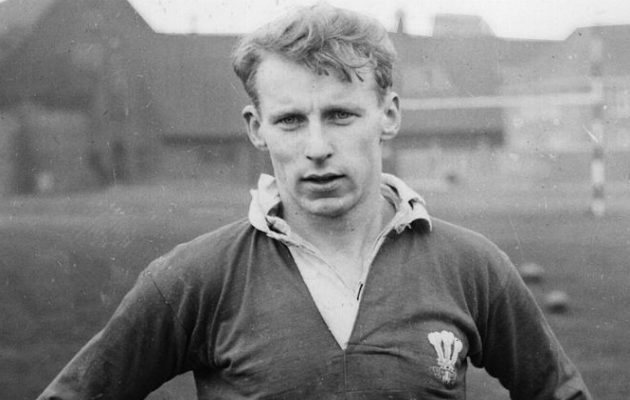Ken Scotland spearheaded the attacking full-back movement, and in doing so, is recognised as one of the greatest of all time
Major Teams: Army, Heriot’s FP, Cambridge University, London Scottish, Leicester
Country: Scotland
Test span: 1957-65
Scotland caps: 27 (27 starts)
Lions caps: 5 (5 starts)
Test points: 79 (8C, 16P, 5DG)
In 1959 Ken Scotland took a ball on the run, as part of a pre-planned Lions move, and caught New Zealand completely off-guard. This wasn’t meant to happen but somehow this scotsman was doing things differently.
The tourist showed the fallibility of the All Blacks that year, despite losing the series 3-1, and the locals named Scotland as one of five standout tourists. He played at scrum-half, fly-half and centre on that tour, but it was his play from full-back that caused the Kiwi writer Terry McLean to remark: “He floated like summer down through the New Zealand defence.”
Scotland changed full-back play forever. Gone were the rules, with the Scot prepared to attack from the back, picking lines rather than waiting to counter-attack; staging raids on enemy territory rather than hoofing the pill away. And he could kick off both feet too. He made place-kicking with the instep of the foot glamorous, when before it was considered ridiculous. An all-round athlete, he also received one cap for Scotland at cricket.
It’s hard to fathom now, with his name lost amidst a sea of greats, but the classier players of the age adored the effortless abandon of Scotland’s play. At the time of his 50th Irish cap, Tom Kiernan was asked who the finest player of his generation was. Instantly he replied: “Ken Scotland. It was a privilege to be on the same field as he was.”
The playmaker was slight, even by past standards, and softly spoken. However, he was a dedicated tackler. His Test career was cut short as he moved to the North-East of Scotland but restrictions meant he couldn’t play for the region’s strongest FP clubs, so he had to join lowly, ‘open’ Aberdeenshire.
It may sound like his playing career faded, but Scotland was a man who inspired past greats and paved the way for the more adventurous 15s of the modern age.





